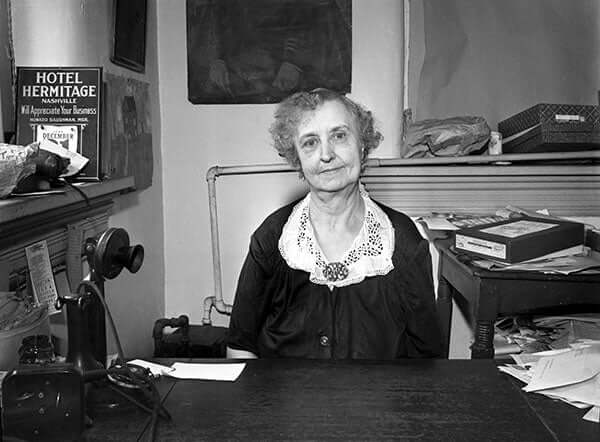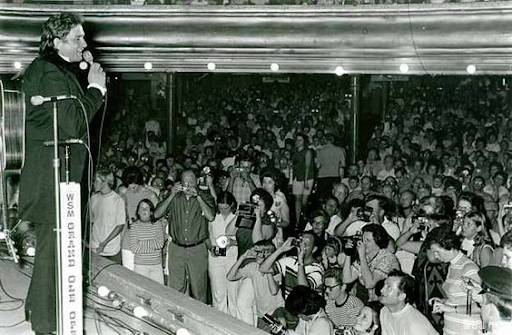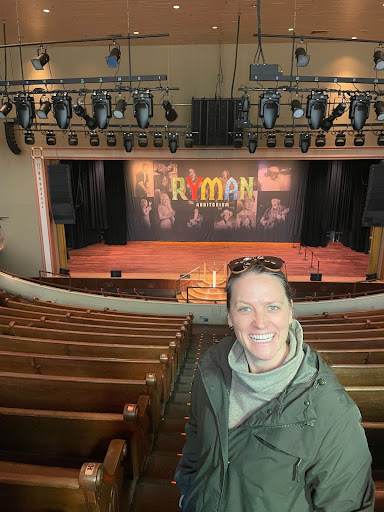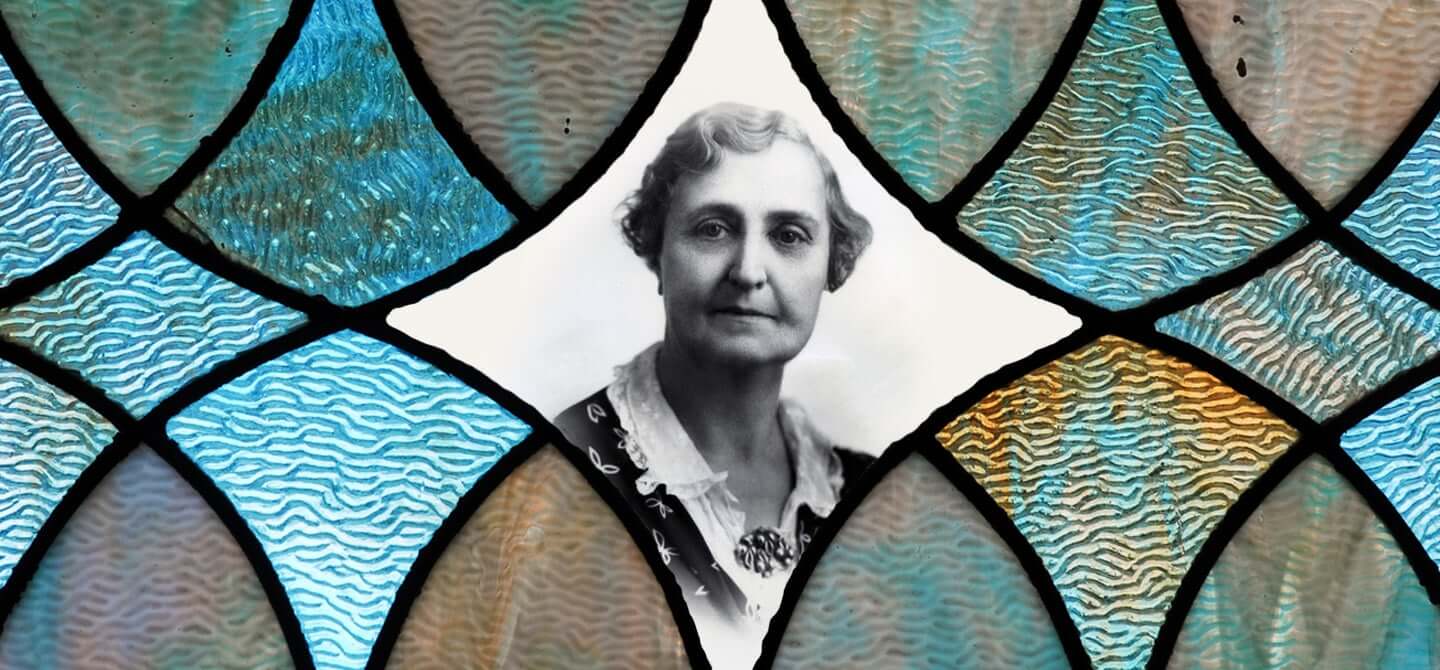This past week, I traveled to Nashville, Tenn., to attend a conference devoted to supporting women leaders in education. To say it was a positive experience is an understatement. The conference inspired me in my work as a school administrator, and the city reminded me of how important music is in our lives. It brings us all together, literally and figuratively.
It was when I was touring the famous Ryman Auditorium that I discovered the woman who is personally responsible for turning Nashville into a music capital. In honor of Women’s History Month, I have to tell you about this incredible woman.

The Ryman Auditorium was built in 1892, originally as the Union Gospel Tabernacle, a space for religious gatherings. To pay off some of its debts, it began renting out the auditorium for nonreligious events. This is when a woman named Lula C. Naff entered the picture. In the early 1900s, in her spare time, she began booking concerts, speakers, plays, and other events to help the venue make some money (while working another job as a secretary). Her ability to research, confirm, organize, and promote talent became a game changer for the Ryman. Her success landed her the job of official manager in 1920. Still, Naff preferred to be called L.C. Naff to avoid prejudice in her male-dominated field.

Under her leadership, the Ryman became THE PLACE to perform or speak. Naff sought the most talented artists, and this meant crossing racial and gender barriers. She became known for championing women artists and artists of color. Artists from all over the world performed on the Ryman stage, even long after Naff retired in 1955. Artists like Marian Anderson, Elvis, Louis Armstrong, Johnny Cash, and Patsy Cline have had the honor. Under Naff’s watch, the Ryman emerged from debt and stayed that way for decades.

Naff began the tradition of attracting talent to the stage at the Ryman, a tradition that continues today. What she began runs so deep that today, artists can be found playing in every restaurant and on just about every street corner in Nashville, at all hours of the day and night. Talent draws millions of people to this fun city. It is likely that the Grand Ole Opry, which came to the Ryman in 1943, is what planted the roots of country music and bluegrass in Nashville—a tradition that remains. The Ryman is now bookmarked on my computer. I will be watching for my favorite musicians to announce a show on the Ryman stage. I will be there.
Thank you, L.C. Naff.
Don’t miss this video of an epic moment on stage at the Ryman with Johnny Cash and Louis Armstrong in 1970, a year before Louis Armstrong died.
